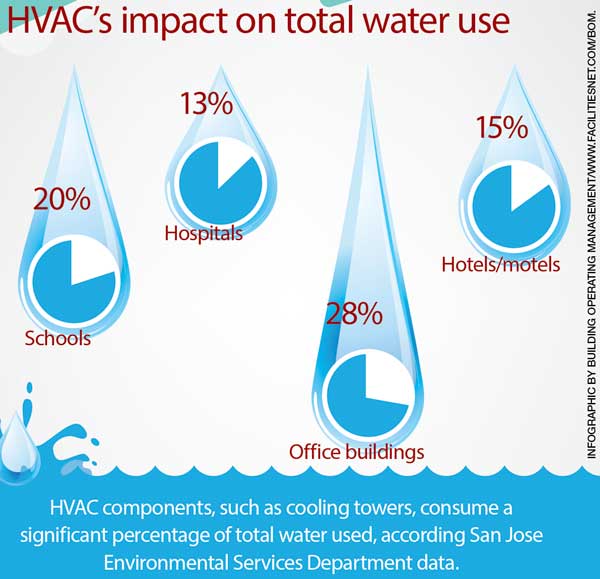Heat Pump Vs Heater - Which Is The Better Heating Alternative For Your Home?
Heat Pump Vs Heater - Which Is The Better Heating Alternative For Your Home?
Blog Article
Write-Up By-Rosenthal Reese
Many property owners are familiar with heaters, which heat homes with oil or natural gas and push hot air with ductwork. They are relatively inexpensive and can provide dependable home heating even during a wintertime power interruption.
Nevertheless, they use fossil fuels and generate carbon monoxide gas and other air contamination. They likewise aren't as energy-efficient as a high-efficiency heat pump.
Expense
Typically, heatpump are more economical to run than heating systems. They typically use power and refrigerant to essence warmth from outside air, and afterwards move it right into your home. You can benefit from more affordable electrical energy rates throughout off-peak hours to additionally decrease your home heating expenses.
Unlike heatpump, gas or wood-burning furnaces make use of burning to create heat, emitting flue gases into the ambience that can be hazardous to your health. These heating systems are additionally much less energy-efficient than heat pumps, and their greater operating expense can add up gradually.
Furnaces are much more challenging than heat pumps and need normal maintenance to ensure the appropriate feature of all parts. Despite this, they tend to last longer than heat pumps with a normal life expectancy of two decades or more. Nonetheless, you'll need to factor in the price of gas, gas oil or timber and the additional tools needed for installation and procedure such as air ducts and ventilation systems.
Power Efficiency
Heat pumps have a higher energy efficiency rating than furnaces. These systems use power to scavenge heat from the air, also in freezing temperature levels. They can also get rid of excess warmth from the home throughout warmer months and recycle it to cool the system. Carrier professionals can assist you determine the most effective version for your home based on climate and source energy costs.
Furnaces shed gas oil, lp, gas or other types of nonrenewable fuel source to warm the air in the home. This air is then dispersed through ductwork utilizing a big follower. Heaters create greenhouse gases and need regular maintenance and devices upgrades to guarantee secure procedure.
The most significant benefit of a furnace is that it can be operated even in rough winter problems due to the fact that it does not count on exterior temperature levels to warm up the air. Heaters additionally have a longer life-span than heatpump and typically last 15 years. They can additionally be coupled with dual gas choices, which pick the most reliable home heating alternative based upon the climate.
Climate
Heat pumps work well in moderate climates and use much less source power than heating systems. Nonetheless, if your area is incredibly cold, you may require to purchase a standard gas heating system rather.
Furnaces offer warm, relaxing warm and usually supply quick home heating to elevate indoor temperature levels. These systems can be utilized with a range of fuel kinds, including gas, lp, oil or power.
additional Info take in more power than heat pumps-- as much as 3x as much-- and require ductwork that's costly to set up or retrofit. They're likewise a lot more expensive to preserve, as they can create air high quality issues and produce greenhouse gas exhausts.
If you're devoted to reducing your carbon footprint, a heatpump is a great selection for your home. discover this have fewer greenhouse gas discharges than heaters, specifically if you pick an ENERGY STAR ® heatpump. Your regional Service provider specialist can explain the differences in between these 2 furnace and aid you make the best choice for your special needs.
Individual Preferences
Furnaces can be really energy effective when powered by gas, lp or oil, however they aren't as energy efficient as heat pumps in frigid environments. They can also be a lot more pricey to mount, needing gas lines and ventilation systems.
However, heating systems tend to call for much less maintenance, which can result in reduced continuous costs. They generate less greenhouse gases and are much more trusted than heat pumps during extreme climate.
Electric heatpump are much more flexible in developing interior convenience since they can likewise function as air conditioners throughout warmer months. They can be more convenient to keep, needing only normal air filter changes and occasional vacuuming.
If you choose the benefit of a solitary system that does it all, consider a hybrid heating solution that sets a heating system with an electrical heat pump. These systems can instantly change in between both home heating alternatives based upon your home's requirements and temperature level problems, optimizing efficiency and financial savings.